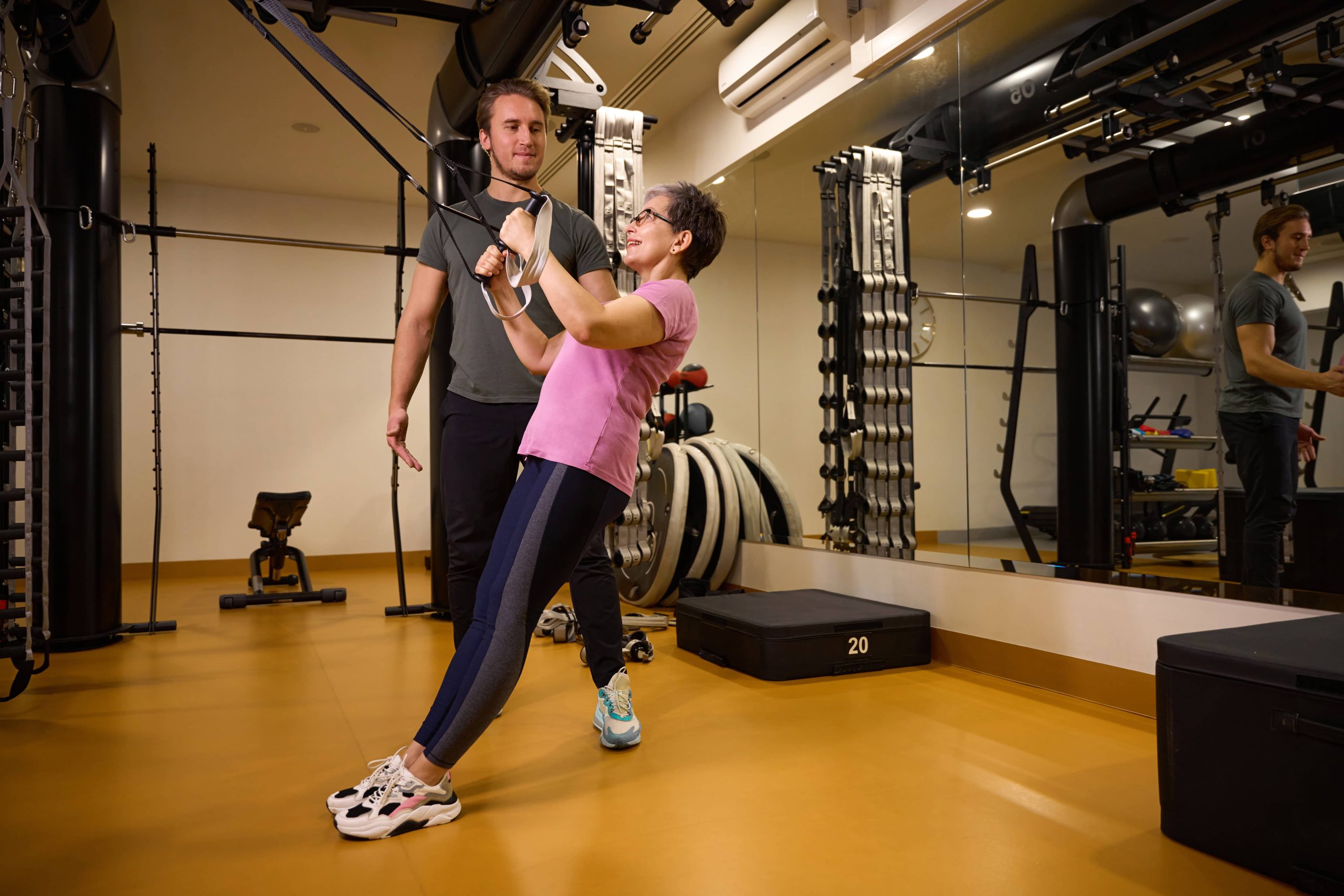
In today’s fast-paced world, where stress and mental fatigue are common, finding ways to enhance mental well-being is crucial. While many turn to meditation, therapy, or mindfulness practices, one of the most effective and accessible methods is often overlooked: regular exercise. Beyond the physical benefits, exercise offers a plethora of mental advantages that can significantly improve one’s quality of life. In this blog post, we’ll explore the surprising mental boosts that come with regular exercise and how you can incorporate them into your daily routine.
The Science Behind Exercise and Mental Health
To understand how exercise benefits the mind, it’s essential to delve into the science. When you engage in physical activity, your body releases chemicals called endorphins. These are often referred to as “feel-good” hormones because they interact with receptors in your brain to reduce the perception of pain and trigger a positive feeling in the body. This is why many people experience a “runner’s high” after a good workout.
Moreover, exercise increases the production of neurotransmitters like serotonin and norepinephrine, which play a crucial role in mood regulation. Regular physical activity can help alleviate symptoms of depression and anxiety by balancing these chemicals in the brain.
Cognitive Enhancements
1. Improved Memory and Learning:
Exercise has been shown to enhance memory and learning capabilities. Physical activity increases the production of brain-derived neurotrophic factor (BDNF), a protein that supports the growth and survival of neurons. BDNF is crucial for long-term memory and learning, making regular exercise a powerful tool for students and professionals alike.
2. Enhanced Focus and Concentration:
Struggling to concentrate at work or school? Exercise might be the solution. Studies have shown that regular physical activity can improve attention span and cognitive flexibility. This is particularly beneficial in today’s digital age, where distractions are abundant.
3. Boosted Creativity:
If you’re in a creative rut, a brisk walk or a quick workout might be just what you need. Exercise has been linked to enhanced divergent thinking, a key component of creativity. By increasing blood flow to the brain, physical activity can help you think outside the box and generate innovative ideas.
Emotional and Psychological Benefits
1. Reduced Stress and Anxiety:
Exercise is a natural stress reliever. Physical activity increases the production of endorphins, which help combat stress and anxiety. Additionally, exercise can serve as a form of meditation in motion, allowing you to focus on your body’s movements and forget about daily stressors.
2. Improved Mood and Self-Esteem:
Regular exercise can lead to improved mood and higher self-esteem. Achieving fitness goals, no matter how small, can boost your confidence and provide a sense of accomplishment. Moreover, exercise can help you feel more in control of your body and mind, leading to a more positive self-image.
3. Better Sleep:
Struggling with insomnia or poor sleep quality? Exercise can help. Physical activity increases the amount of deep sleep you get, which is crucial for mental and physical recovery. Just be sure to avoid vigorous exercise close to bedtime, as it might have the opposite effect.
Social and Lifestyle Benefits
1. Increased Social Interaction:
Joining a gym, sports team, or fitness class can provide opportunities for social interaction and support. Building connections with others who share similar fitness goals can enhance your motivation and make exercise more enjoyable.
2. Healthy Lifestyle Choices:
Regular exercise often leads to healthier lifestyle choices. When you prioritize physical activity, you’re more likely to make better decisions regarding nutrition, hydration, and overall well-being. This holistic approach can further enhance your mental health.
How to Incorporate Exercise into Your Routine
1. Start Small:
If you’re new to exercise, start with small, manageable goals. Aim for 20-30 minutes of moderate activity, such as walking or cycling, a few times a week. Gradually increase the intensity and duration as you become more comfortable.
2. Find Activities You Enjoy:
Exercise doesn’t have to be a chore. Find activities you genuinely enjoy, whether it’s dancing, swimming, hiking, or playing a sport. When you enjoy the activity, you’re more likely to stick with it.
3. Make it a Habit:
Consistency is key. Try to incorporate exercise into your daily routine, whether it’s a morning jog, a lunchtime walk, or an evening yoga session. Set reminders and prioritize physical activity as you would any other important task.
4. Mix It Up:
To prevent boredom and work different muscle groups, mix up your exercise routine. Incorporate a variety of activities, such as strength training, cardio, and flexibility exercises, to keep things interesting and challenging.
Conclusion
The mental benefits of regular exercise are profound and far-reaching. From improved memory and focus to reduced stress and anxiety, physical activity can significantly enhance your mental well-being. By incorporating exercise into your daily routine, you can unlock the full potential of your mind and lead a healthier, happier life. So, lace up those sneakers, find an activity you love, and start reaping the mental rewards of regular exercise today.
